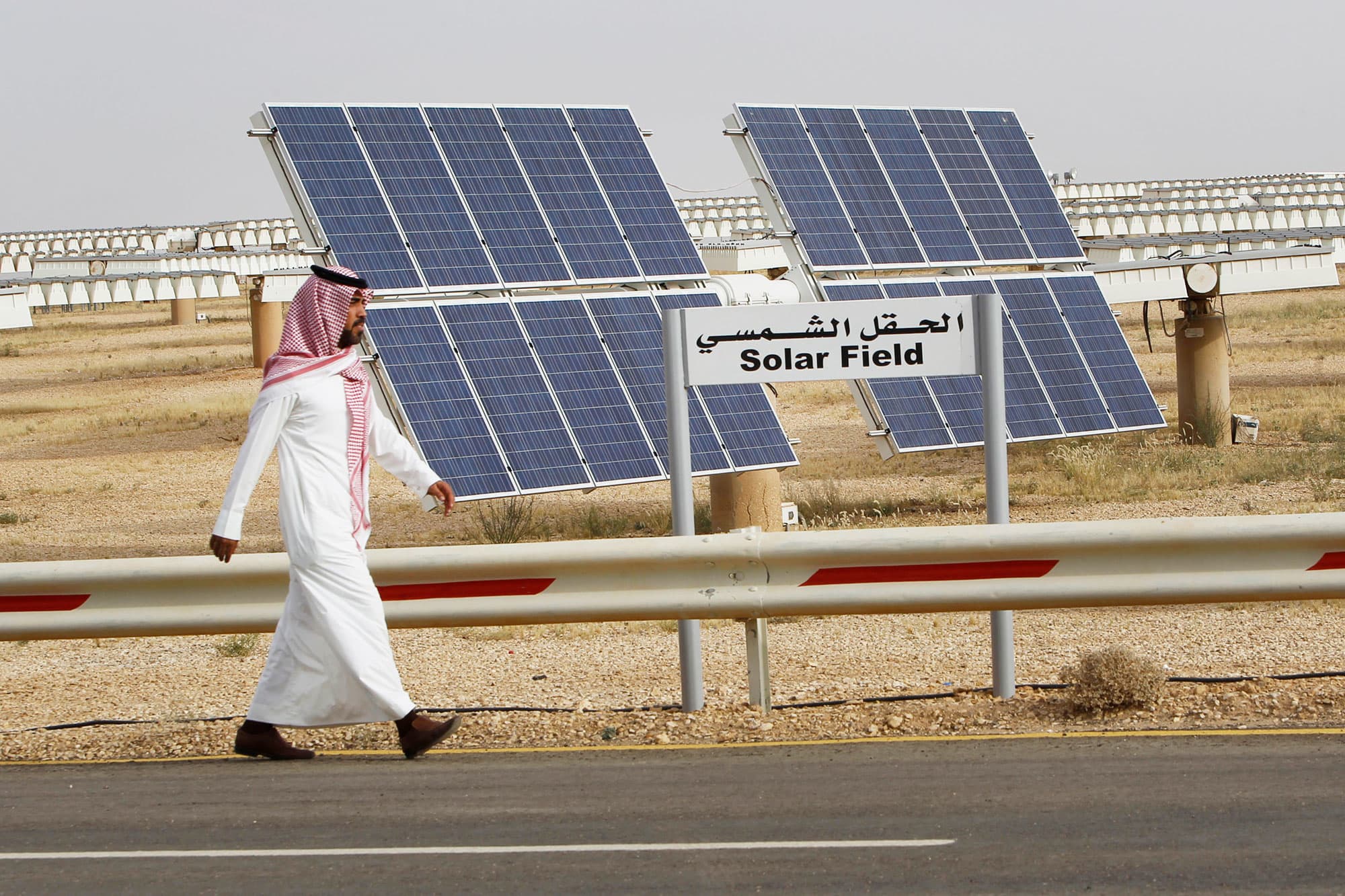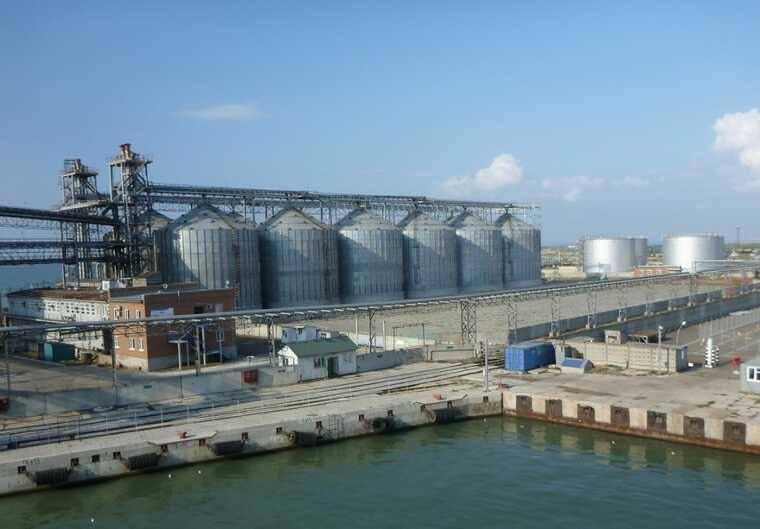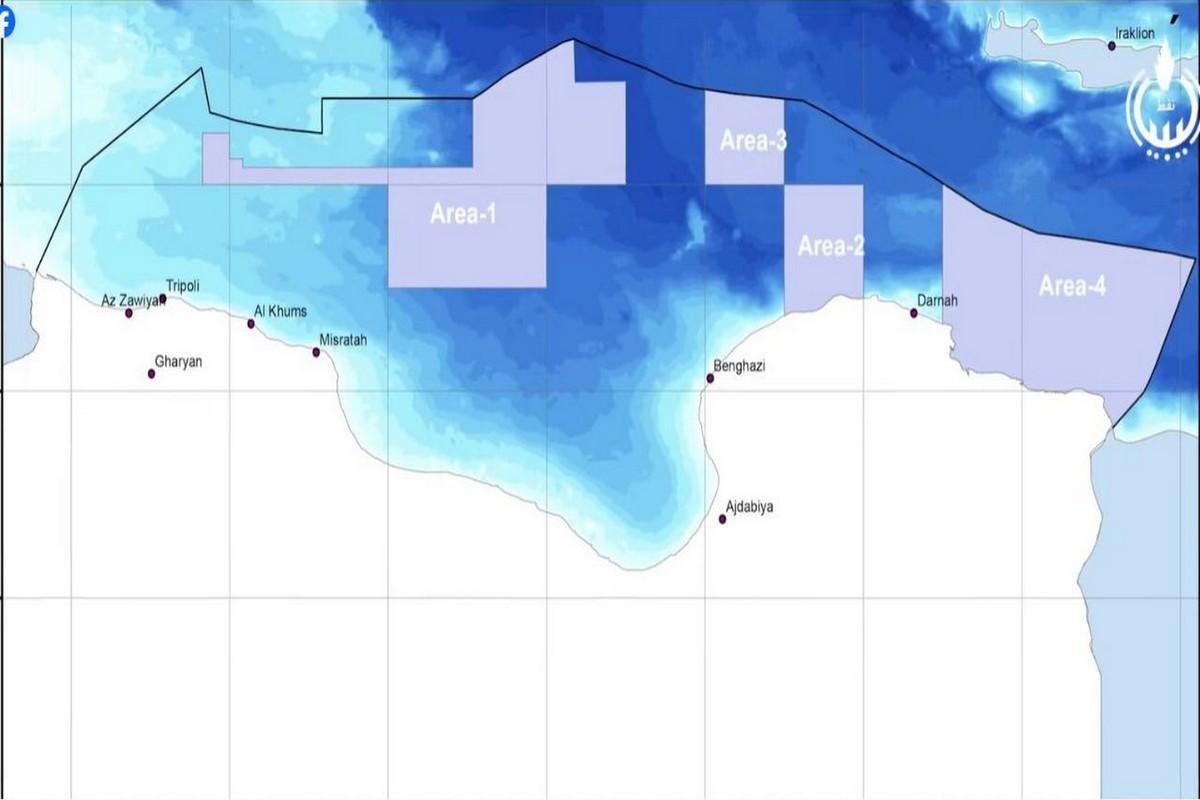The government’s plan to secure the energy security of Greece is in full swing, especially for winter, when demand for electricity and gas rises due to increased electricity and heating needs.
Anxiety on the market has hit the roof because of the cut off of supplies from the Turk Stream pipeline, purportedly due to maintenance. The shutdown ends today.
Electricity generators and gas suppliers do not hide their concern that Gazprom and Russia could use similar ploys in future. Although another shutdown is considered unlikely in the case of Turk Stream, competent sources ponder that an interruption of the flow of Russian gas to the Greek market could happen in the winter.
Storing gas in Bulgaria
Given these facts, DEPA Commerce has already searched and found storage space for quantities of gas in the YAFA Chiren Underground Gas Storage (UGS) in Bulgaria, where the Greek company has stored quantities of 200,000 MWh. However, this corresponds to one day’s gas consumption, which however could prove invaluable in the event that Gazprom closes the tap to Greece.
The new regulation of the European Commission that is expected to be approved by the current Council of Energy Ministers of the EU provides for compulsory storage by all member states equal to 15% of consumption. In the absence of an underground gas storage facility in Greece sees the country scrambling for solutions in neighboring countries.
One of the solutions being considered by the Ministry of Environment and Energy and natural gas transmission system operator DESFA is the storage of quantities on behalf of Greek gas suppliers in the large underground warehouse in Italy managed by Snam. However, the project is not panning out as the TAP pipeline does not operate in reverse flow, and the Italian side is not warming up to the idea, despite efforts.
In addition, Greece is moving, despite the difficulties, towards fulfilling the European regulation on storage of quantities corresponding to 15% with its coverage by other fossil fuels, like lignite and oil.
“Ptolemaida V”
The “Ptolemaida V” with a capacity of 660 MW will be available in the system from the beginning of September. According to sources, in July, it will be put into trial operation, without injecting energy into the system, and towards the end of August and the beginning of September it will allocate electricity to the Energy Exchange.
In addition, the government’s decision to increase mining in lignite mines by 50% is in full swing, so that there are increased reserves of fossil fuel in order to use for their operation for more hours if required.
In addition, the Prime Minister himself announced that all lignite plants that were planned to be withdrawn by 2028 will continue to operate to ensure the country’s energy efficiency.
Now, the 660 MW “Ptolemaida V” is added to the already operating lignite units, and will be put into operation in the autumn.
Apart from these solutions, however, PPC and HERON natural gas units with a total capacity of 1 Gigawatt are already on standby to run on oil to save gas, if need be.
Revythousa FSU
Also, within July, the tanker that will increase the storage capacity of liquefied natural gas, is expected to moor at the DESFA LNG terminal in Revythousa. The FSU will be the fourth tank of the facilities located on the island of Revythousa for the period July 2022 – June 2023. The tanker with a capacity of 136,000 cubic meters will increase the storage capacity to 361,000 cubic meters.
Another strong reserve for Greece is the TAP pipeline, which brings quantities of gas from Azerbaijan.


















![Ακτοπλοϊα: Αυξημένη η κίνηση τον Ιούλιο παρά τα υψηλές τιμές στα εισιτήρια [πίνακες]](https://www.ot.gr/wp-content/uploads/2025/07/EV_BR_030918_APERGIA_PNO11-1024x683-1.jpg)














![ΗΠΑ: Γιατί η επενδυτική τραπεζική…φυτοζωεί; [γράφημα]](https://www.ot.gr/wp-content/uploads/2025/07/ot_banks_USA-768x450-1.png)







